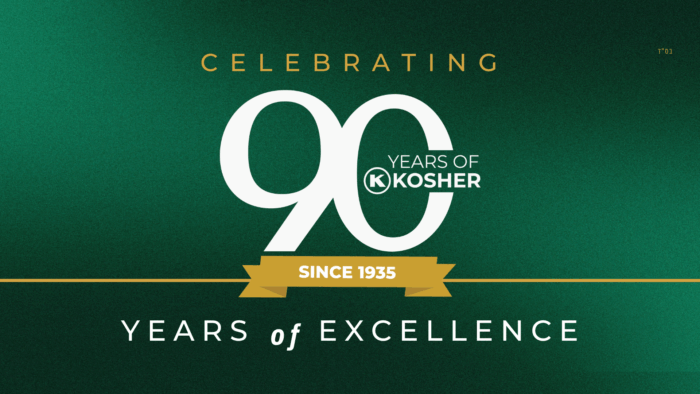In Good Company
Parshas Nitzavim is always read around the time of Rosh Hashanah. The reason, according to Chassidus, is that the opening line in the parsha is “Atem nitzavim hayom. You are standing today.” Chassidus explains that hayom refers to Rosh Hashanah. The Chasam Sofer writes that he has a tradition from his Rebbes that the souls of one’s deceased parents stand and pray beside him on Rosh Hashanah. A reference to this can be found within Parshas Nitzavim itself. In pasuk 14, it says: כי את אשר ישנו פה עמנו עמד היום… ואת אשר איננו פה עמנו היום כי את אשר — For all those who are present…and those who are not present.” This pasuk can refer to those who are physically in the shul as well as those who are not physically present, but their souls are in attendance.
This tradition from the Chasam Sofer might also explain why we do not say Hallel on Rosh Hashanah. Since Rosh Hashanah is the day we crown Hashem as our King, it would seem most fitting to sing His praises with Hallel, but in Hallel we say, “Lo hameisim yehalalukah.” The deceased cannot say Hallel, so it would not be right for us to say Hallel in their presence. The Chasam Sofer says that when Moshiach comes, after techiyas hameisim, we will say Hallel on Rosh Hashanah, as it says in Tehillim 65:14, “ועמקים—and from the valleys [meaning the graves], בר יעטפו— will be wrapped in fat and skin, יתרועעו—[on Rosh Hashanah] we will blow the shofar, אף ישירו — we will sing Hallel.”


 EN
EN  ZH
ZH  KR
KR  BR
BR  ES
ES  IN
IN  IL
IL  JP
JP 




